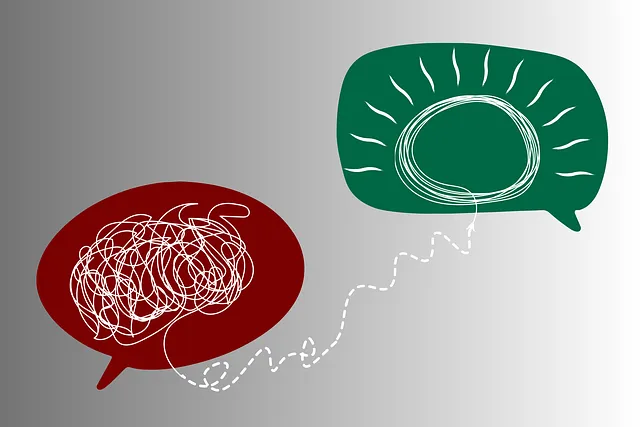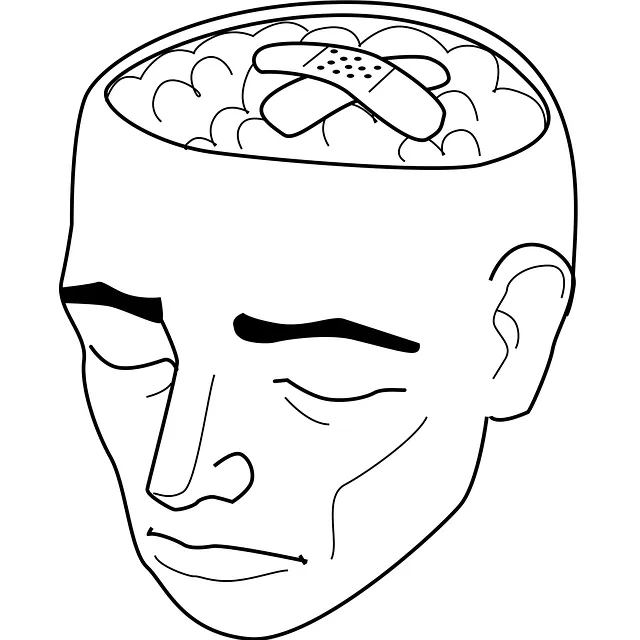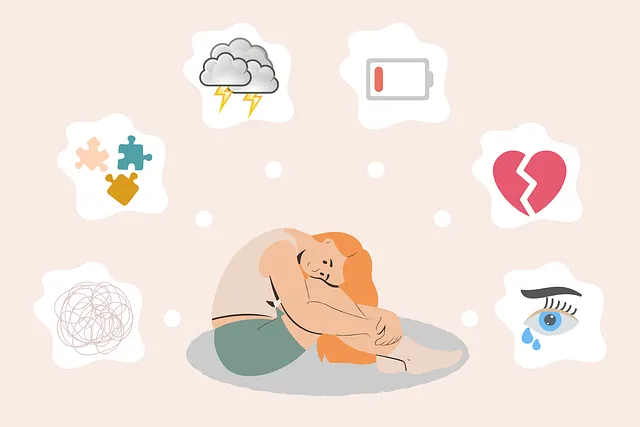Kaiser Permanente leads in superior mental health support through integrated crisis intervention strategies. They prioritize self-care for practitioners, community outreach, and stigma reduction to foster safe spaces. Their multidisciplinary approach includes psychology, social work, and public health, focusing on early identification and swift intervention with tailored care. Post-crisis care emphasizes resilience, evidence-based practices, and open conversations, ensuring long-term stability and emotional intelligence development. Kaiser Permanente's comprehensive model demonstrates their commitment to supporting individuals in effectively navigating future stressors.
In today’s fast-paced world, effective crisis intervention is vital in mental health care. This article explores strategies and guidance to navigate intense situations, focusing on the critical role of organizations like Kaiser Permanente in providing superior mental health support. We delve into understanding crisis intervention, its key components, and post-crisis care to stabilize individuals and build resilience for a healthier future. Discover how proactive measures, such as those implemented by Kaiser Permanente, can revolutionize mental healthcare.
- Understanding Crisis Intervention: A Definition and Its Importance in Mental Health Care
- The Role of Kaiser Permanente in Providing Superior Mental Health Support
- Key Components of Effective Crisis Intervention Strategies
- Assessing and Stabilizing Individuals During a Mental Health Crisis
- Post-Crisis Care and Prevention: Building Resilience for the Future
Understanding Crisis Intervention: A Definition and Its Importance in Mental Health Care

Crisis intervention strategies are vital components of mental health care, especially in addressing immediate and severe distress situations. These interventions aim to stabilize individuals during acute crises, offering a brief yet impactful support system before they transition into longer-term treatment plans. The importance of crisis intervention cannot be overstated, particularly within organizations like Kaiser Permanente mental health services, where the focus is on comprehensive patient care.
In terms of risk management planning for mental health professionals, effective crisis intervention strategies are essential to ensure both client and practitioner safety. Additionally, promoting self-care routine development for better mental health among practitioners can enhance their ability to support patients during crises. Moreover, community outreach program implementation can serve as a proactive measure, fostering a supportive environment where individuals at risk can receive timely assistance.
The Role of Kaiser Permanente in Providing Superior Mental Health Support

Kaiser Permanente plays a pivotal role in providing superior mental health support, leveraging its extensive network and innovative practices to address growing psychological needs. The organization recognizes that mental wellness is a cornerstone of overall health and well-being, and thus integrates comprehensive mental health services into its healthcare offerings. Through dedicated teams of mental health professionals, Kaiser Permanente offers tailored interventions aimed at stress reduction methods and inner strength development.
Beyond direct care, Kaiser Permanente actively promotes public awareness campaigns development to destigmatize mental health issues and encourage open dialogues. By fostering a culture that prioritizes mental resilience, the organization aims to empower individuals to take charge of their psychological well-being, ensuring a holistic approach that complements traditional medical treatments.
Key Components of Effective Crisis Intervention Strategies

Effective crisis intervention strategies are multifaceted, drawing from a range of disciplines including psychology, social work, and public health. Organizations like Kaiser Permanente recognize that addressing mental health crises requires an integrated approach. The Kaiser Permanente mental health model emphasizes early identification and swift intervention to mitigate risks and promote recovery. This involves three key components:
Firstly, Mental Illness Stigma Reduction Efforts are vital. Creating safe spaces and fostering understanding can encourage individuals to seek help without fear of judgment. Mental Health Education Programs Design plays a crucial role in this by providing community members with the knowledge to recognize signs of distress and respond effectively. Secondly, a strong support network is indispensable. This includes not only access to quality mental health services but also peer support groups that offer empathy and shared experiences, enhancing overall mental wellness.
Assessing and Stabilizing Individuals During a Mental Health Crisis

When an individual faces a mental health crisis, swift and effective assessment is crucial for providing appropriate care. Kaiser Permanente mental health professionals are trained to approach each situation with empathy and cultural sensitivity in mental healthcare practice, recognizing that every person’s experience is unique. They begin by assessing the immediate danger, ensuring safety and stability, and then delving into a comprehensive evaluation to understand the underlying factors contributing to the crisis. This involves actively listening to the individual’s concerns, observing their behavior, and gathering relevant information from caregivers or close associates.
Stabilization strategies are tailored to each person’s needs, focusing on short-term relief while also planning for long-term recovery. Mindfulness meditation techniques might be introduced as a tool for managing acute stress and anxiety during the crisis. By fostering a sense of calm, mindfulness can aid in clear communication and decision-making. Additionally, addressing the issue of mental illness stigma reduction efforts is integral to creating an supportive environment. Professionals aim to build trust and encourage open dialogue while providing resources and support systems that promote healing and resilience.
Post-Crisis Care and Prevention: Building Resilience for the Future

Post-crisis care plays a pivotal role in fostering resilience and preventing future mental health challenges. Kaiser Permanente’s approach to mental well-being emphasizes continuous support for individuals who have experienced traumatic events. This includes access to specialized therapists who can guide patients through the healing process, focusing on mood management and emotional intelligence development. By implementing evidence-based practices, the organization ensures that individuals not only recover from acute distress but also gain the tools to navigate future stressors effectively.
Building resilience is a proactive strategy to enhance self-esteem and overall well-being. Through post-crisis interventions, Kaiser Permanente aims to empower individuals to take charge of their mental health. This involves teaching coping mechanisms, promoting self-care practices, and encouraging open conversations about emotional experiences. By addressing these aspects, the organization contributes to the long-term prevention of mental health disorders, ensuring that individuals have the resources to maintain stability and thrive in the face of adversity.
In conclusion, crisis intervention plays a pivotal role in mental health care, as evidenced by Kaiser Permanente’s commitment to providing superior mental health support. By understanding the definition and importance of crisis intervention, implementing key components, assessing and stabilizing individuals effectively, and focusing on post-crisis care and prevention, we can create a more resilient future for those facing mental health challenges. Kaiser Permanente serves as a testament to the transformative potential of comprehensive mental health guidance, emphasizing the necessity of accessible, high-quality support systems.






